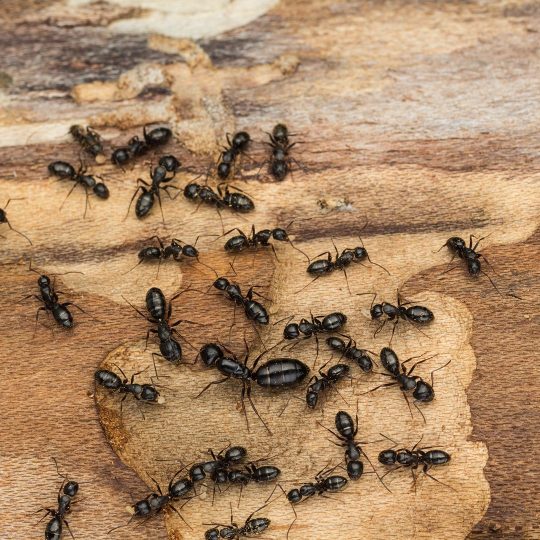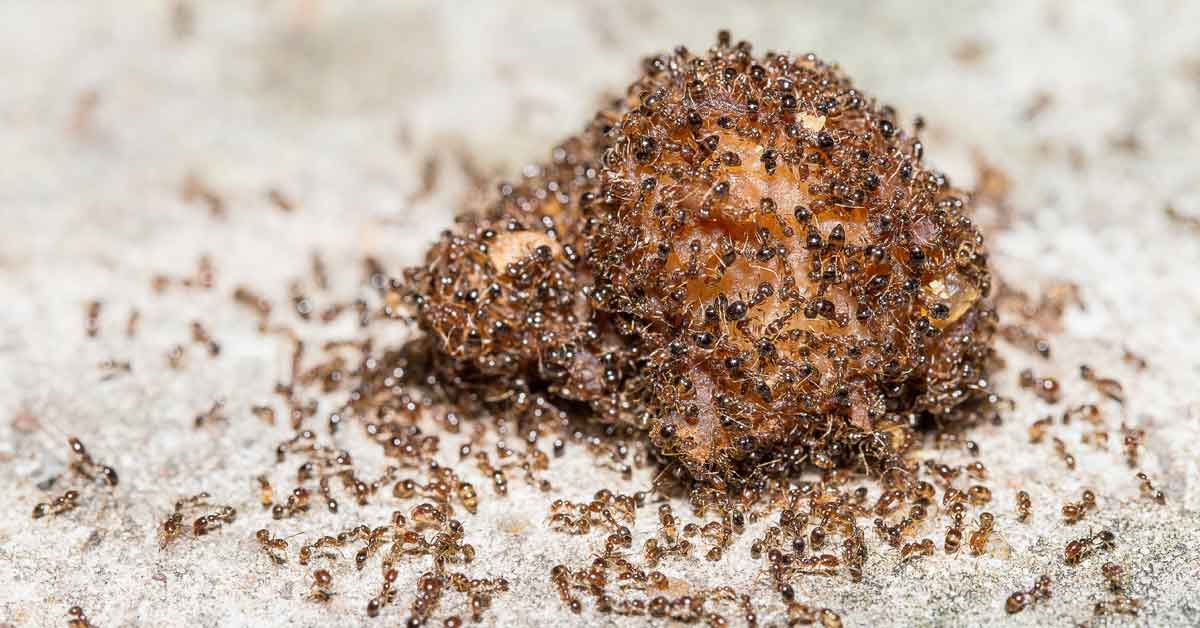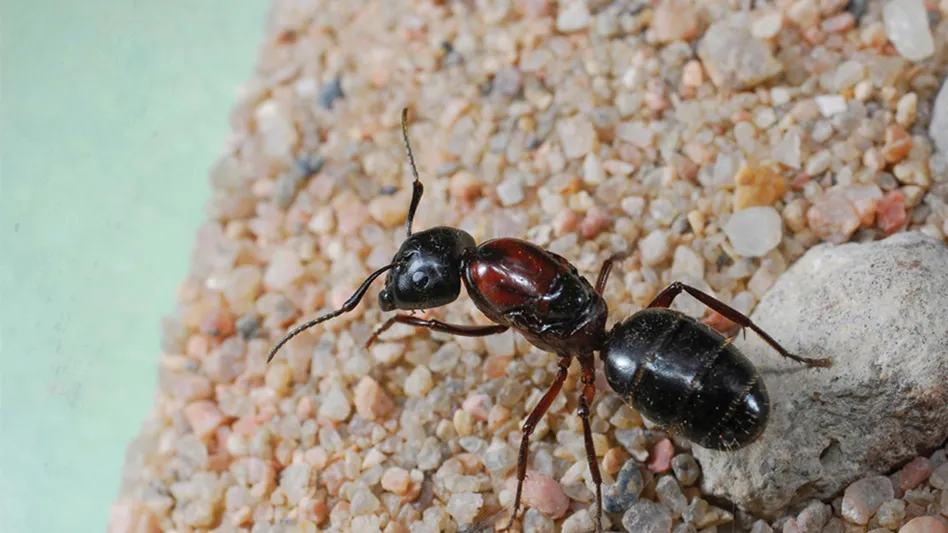Top Ant Control Services: Dependable Solutions for Your Home or Business
Environmental Influence of Insect Control: Harmonizing Performance With Sustainability
The environmental impact of parasite control is a vital issue that needs a delicate equilibrium between attaining efficiency in managing parasites and making sure sustainability of our environments. As we strive to secure our crops, homes, and wellness from the threats posed by bugs, the methods we utilize can unintentionally damage the atmosphere. From using dangerous chemicals that seep into our dirt and water to the unexpected consequences on non-target types, the effects of traditional parasite control techniques are far-ranging. However, there are arising strategies that use wish for a more lasting method to pest administration. These services not only objective to resolve the immediate insect issues however additionally take into consideration the long-term health of our world.
Damaging Chemicals in Insect Control
The utilization of harmful chemicals in insect control positions considerable environmental and health threats that necessitate mindful factor to consider and mitigation methods. Chemicals, pesticides, and herbicides are commonly used to get rid of pests, however their widespread application can cause unintended consequences. These chemicals can contaminate dirt, water sources, and the air, affecting not just the targeted parasites yet additionally beneficial pests, wildlife, and humans.

To deal with these risks, integrated pest monitoring (IPM) techniques are being advertised as an extra lasting option. IPM includes a combination of methods such as organic control, environment adjustment, and the targeted use chemicals as a last resource (ant control kannapolis nc). By adopting a holistic approach to pest control, we can decrease the ecological and health influences related to damaging chemicals while successfully managing pest populations
Effect On Non-Target Types
Thinking about the unintended repercussions of pest control techniques, the effect on non-target species is a critical element that requires detailed assessment. While insect control measures intend to target specific bugs, various other organisms in the ecological community might be inadvertently influenced. Non-target types, including valuable bugs, birds, mammals, and even plants, can experience direct or indirect damage from pesticide applications or organic control methods.
Insecticides developed to deal with a specific bug parasite might damage pollinators like bees or all-natural killers such as ladybugs. Organic control representatives, if not species-specific, can posture threats to unintended targets, interfering with the environmental balance.
To alleviate the influence on non-target types, integrated pest administration (IPM) techniques that emphasize a holistic strategy to pest control are advised. These approaches prioritize making use of environmentally pleasant techniques, lessening damage to helpful organisms while efficiently handling pest populations. Carrying out thorough risk analyses and monitoring the end results of bug control efforts are vital action in securing non-target species and advertising general community health.
Dirt and Water Contamination
Unintentional ecological repercussions of pest control techniques expand past impacting non-target types, with significant effects for soil and water contamination - ant control. Pesticides, herbicides, and chemical plant foods made use of in insect control can seep into the soil and infect groundwater, positioning a hazard to both marine and terrestrial ecosystems.
Water contamination is one more vital concern connected with parasite control techniques. Drainage from farming areas treated with chemicals can bring these chemicals right into neighboring water bodies, influencing marine microorganisms and water top quality. Impurities in water resources can have far-ranging consequences, impacting not just marine life yet also human wellness via the intake of infected water or marine microorganisms. To alleviate soil and water contamination from bug control tasks, incorporated bug administration methods that focus on sustainability and decrease chemical inputs are important.
Air Pollution From Chemical Use
Exposure to air-borne pesticides throughout farming applications poses a substantial worry for air contamination control steps. When pesticides are splashed onto crops, they can volatilize right into the air and type volatile organic compounds (VOCs) and various other airborne toxins. These chemicals can add to the formation of ground-level ozone, a significant element of smoke that can have destructive impacts on human health, crop efficiency, and general air top quality. Additionally, pesticide drift, where pesticides are carried by the wind to unintended areas, can bring about the contamination of close-by environments and water bodies.

Approaches for Sustainable Parasite Control
In the realm of farming methods, implementing sustainable insect control strategies is extremely important for preserving environmental equilibrium and protecting plant yields. Sustainable parasite control stresses making use of eco-friendly techniques to take care of parasite populations effectively while reducing harm to non-target organisms and ecosystems. Integrated Insect Monitoring (IPM) is an extensively embraced method that integrates biological, cultural, physical, and chemical control methods to attain lasting bug administration solutions.
Plant turning and diversification are also reliable methods to disrupt pest life cycles and produce less desirable problems for insects to grow. Eventually, by incorporating these sustainable parasite control methods, farmers can achieve an equilibrium between pest monitoring effectiveness and ecological stewardship.
Final Thought
Finally, the environmental effect of parasite control methods have to be thoroughly taken into consideration to stabilize efficiency with sustainability. Harmful chemicals utilized in bug control can cause soil and water contamination, air contamination, and injury non-target species - ant control. It is vital to implement sustainable bug control approaches to minimize these negative effects on the environment and advertise a much healthier ecosystem for future generations
By adopting an alternative technique to pest control, we can lessen the ecological and wellness impacts associated with dangerous chemicals while effectively managing pest populations.

To alleviate the air pollution created by chemical use, it is crucial to adopt incorporated pest administration strategies that prioritize the usage of non-chemical pest control techniques, such as crop turning, natural predators, and immune crop ranges. Lasting insect control highlights the usage of ecologically pleasant methods to handle parasite populations properly while reducing injury to non-target microorganisms and ecological communities. Integrated Parasite Management (IPM) is an extensively adopted method that integrates organic, social, physical, and chemical control techniques to attain long-term insect administration remedies.